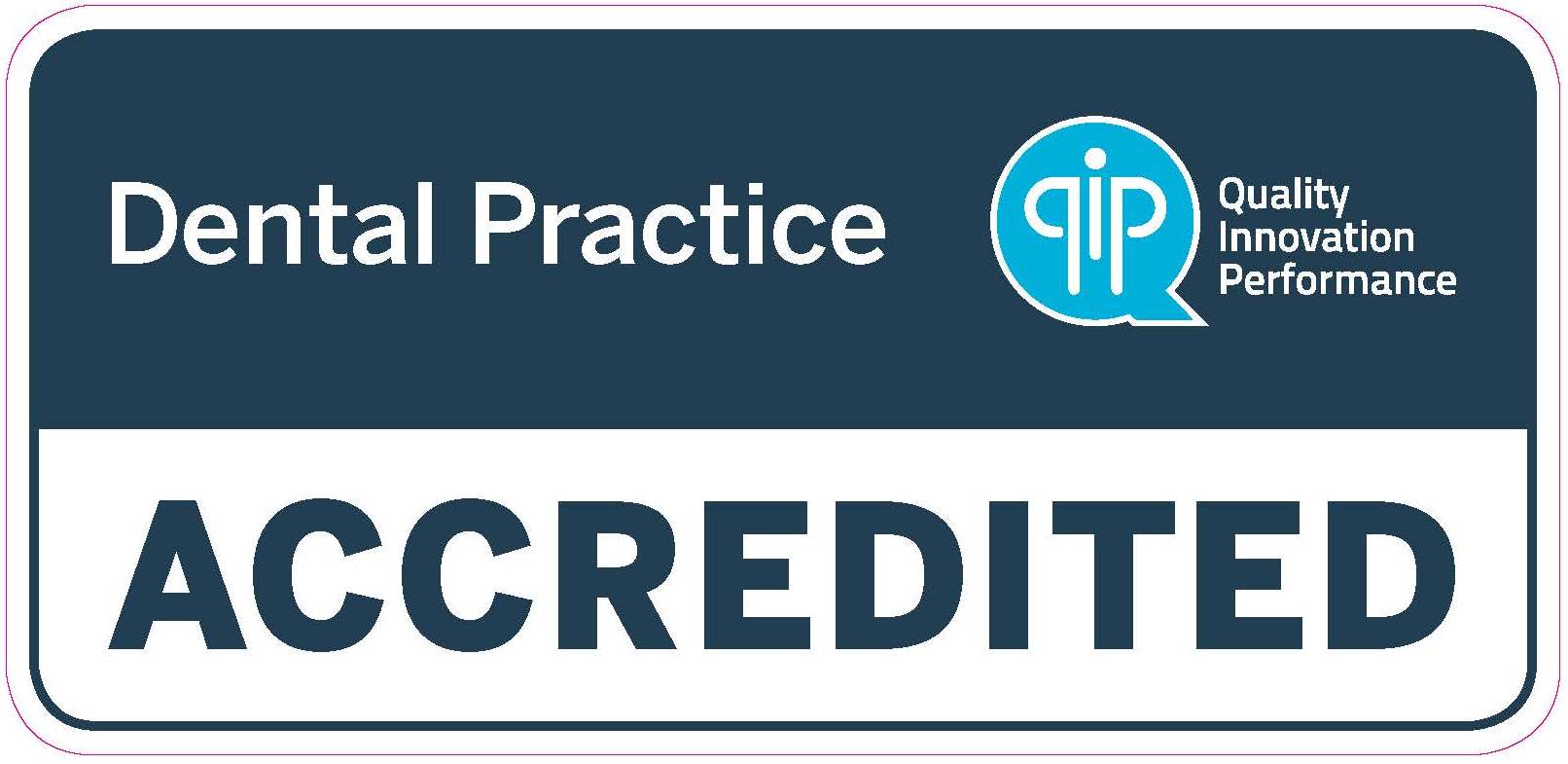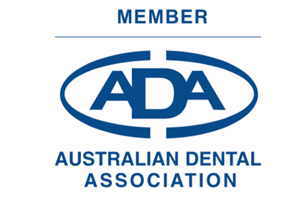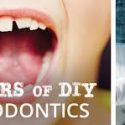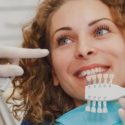As a parent, keeping our child happy and healthy is our main priority. We know that what happens in the early years of life forms the building blocks of our health and wellbeing. Dental health is no exception.
Early childhood caries is a significant public health problem found throughout the general population. Early Childhood caries is defined as one or more decayed, missing (due to dental decay) or restored tooth surfaces in primary (baby) dentition.
Queensland Health recently released their 2016/2017 data that looked at the dental treatment requirements for children (between five and fourteen years old) accessing publicly funded dental care. They found that more than 50% of the 130, 000 children have had a history of tooth decay and more than 25% had decay in more than four teeth. Admissions to hospital were also recorded, indicating more than 4000 children (under the age of nine) were being admitted due to acute dental decay.
As a private dental practice, there is also a portion of our child patients who have dental decay and some that require a specialist paediatric dentist to treat dental decay.
Children’s teeth are susceptible to decay as soon as they begin to erupt and baby teeth may be more susceptible to decay than adult teeth. Dental decay is a multifactorial disease involving the combination of dental bacteria, carbohydrates resulting in food acid production (and the frequency of these), saliva quantity and quality as well as fluoride exposure. The bacteria (mutans streptococci ) that causes dental decay is infectious and transmitted from one mouth to another, most commonly from parent to child. For this reason, it is important that parents, including expectant mothers visit a dentist to ensure their own dental decay risk is low. The Australian Dental Association recommend parents and guardians organise a dental appointment for their child within six months of eruption of their first tooth and no later than 12 months of age.
Regular dental visits from a young age will help to desensitize a child to the treatment room, the dental professional and the procedures involved in a checkup. These desensitizing appointments help to make a trip to the dentist a fun experience. The dental visit will also provide oral health education, tooth brushing instruction and nutritional advice based on the child’s individual developmental needs. Assessing the child’s dental susceptibility and identifying potential concerns will help to minimize future treatment.







